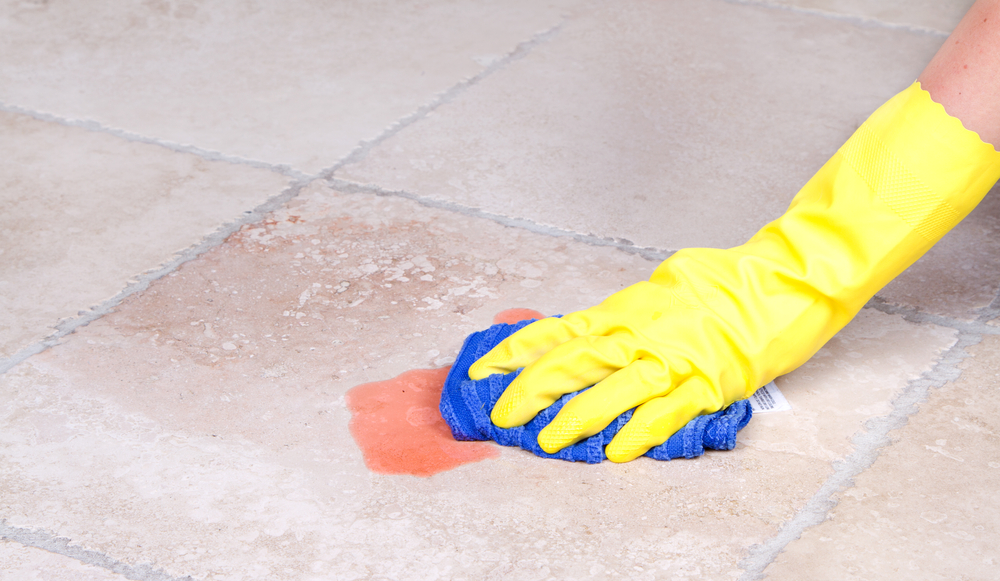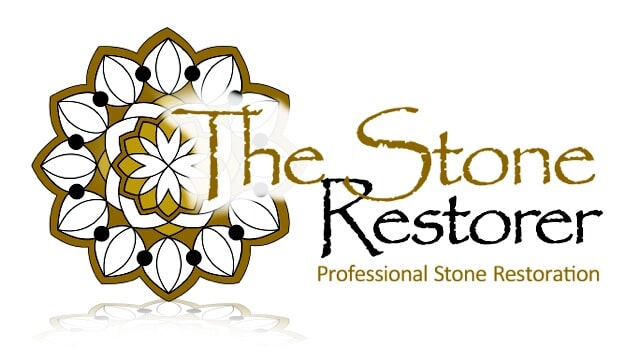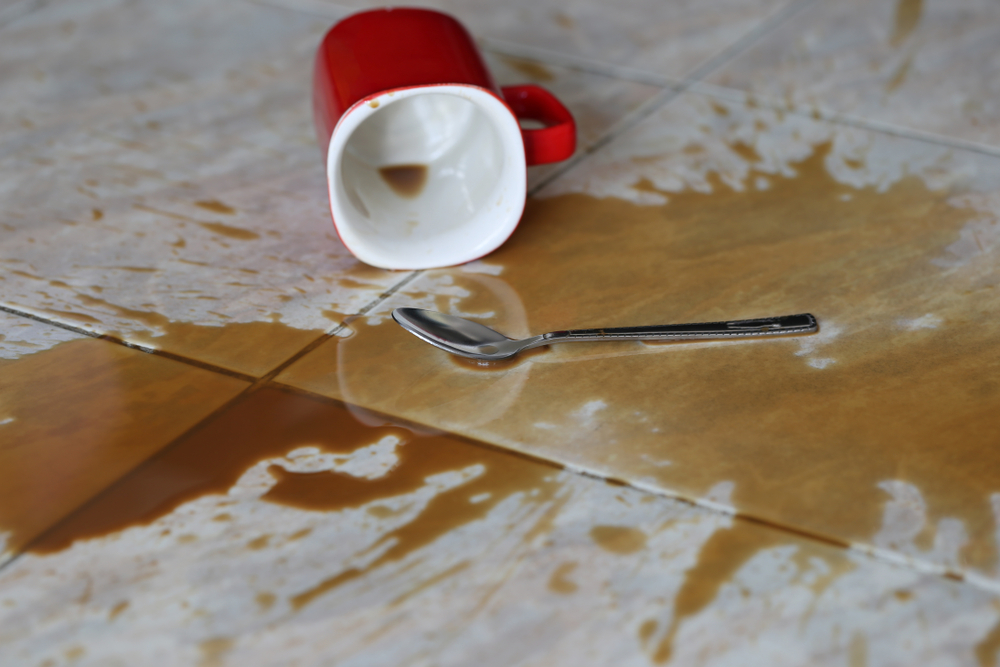Natural stone tiles are a favoured choice for homeowners due to their durability, aesthetic appeal, and unique characteristics. However, spills and stains are inevitable, and without proper cleaning, they can damage the tiles and mar their beauty.
In this article, we will explore the effect of spills and stains on natural stone tiles and provide valuable insights on how to effectively clean them. By following our tips and tricks, you can ensure that your natural stone tiles remain pristine and visually pleasing.
Understanding the Effects of Spills and Stains
Spills and stains on natural stone tiles can have long-lasting consequences if left untreated. When spills and stains are not promptly cleaned up, they can penetrate the porous surface of the natural stone, leading to discolouration and even etching. Furthermore, different types of spills and stains can impact various types of natural stone tiles differently.
Acidic substances like lemon juice, vinegar, or wine can cause etching on marble, while oil-based substances such as cooking oil or grease can leave stubborn stains on limestone or travertine tiles. It is also crucial to be aware of cleaning products that contain harmful substances for natural stone tiles, as they can exacerbate the damage.
Importance of Prompt Cleaning
Addressing spills and stains as soon as they occur is vital to prevent long-term damage to your natural stone tiles. The longer a spill or stain sits on the surface, the more likely it is to cause permanent discolouration or etching.
Neglecting to clean spills and stains can also attract dirt and debris, making them more difficult to remove. Over time, ingrained stains can cause irreversible harm to the surface of the natural stone. Therefore, immediate action is essential to minimise the effects of spills and stains.
Step-by-Step Guide to Cleaning Natural Stone Tiles
To effectively clean spills and stains from natural stone tiles, it is important to utilise the appropriate tools and techniques to avoid further damage to the surface. Follow this step-by-step guide to ensure proper cleaning:
1. Identify the type of spill or stain: Before commencing the cleaning process, determine the nature of the spill or stain. Different types of natural stone tiles react differently to various substances, so understanding the specifics will aid in selecting the most effective cleaning method.
2. Blot the spill: When dealing with a fresh spill, immediately blot the affected area with a paper towel or a clean, absorbent cloth. Avoid wiping the spill, as this can spread it over a larger surface.
3. Use appropriate cleaning solutions: Depending on the type of stain, choose an appropriate cleaning solution. For oil-based stains, create a paste by mixing baking soda and water and applying it to the stain. Water-based stains can be treated by using a mixture of water and vinegar or lemon juice.
Rust stains may require a specialised rust remover designed for natural stone. Ink stains can be tackled with a poultice made of baking soda and water. Organic stains can be addressed with a paste made of hydrogen peroxide and ammonia.
4. Rinse thoroughly: After applying the cleaning solution, rinse the area with plain water to remove any residue. Repeat the rinsing process several times to ensure all cleaning agents are removed.
5. Dry the area: Use a soft cloth to dry the cleaned area thoroughly. This step is crucial to prevent moisture buildup, which can lead to additional issues such as mould or mildew growth.

Specific Cleaning Techniques for Different Types of Stains
To effectively clean different types of stains on natural stone tiles, specific techniques can be employed:
- Oil-based stains and the baking soda paste method: Oil-based stains, such as cooking oils, butter, or greasy food spills, can be treated by creating a paste using baking soda and water. Apply the paste to the stain, let it sit for a few hours or overnight, then rinse with warm water and a mild detergent.
- Water-based stains and the vinegar or lemon juice solution: Water-based stains, including coffee, tea, or juice spills, can be removed by using a mixture of water and vinegar or lemon juice. Apply the solution to the stain, let it sit for a few minutes, and then wipe it with a clean, damp cloth.
- Rust stains and the use of specialised rust removers: Rust stains, resulting from metal objects left on the surface of the granite, require a rust remover specifically formulated for natural stone. Follow the instructions provided by the product carefully and rinse the area thoroughly with water.
- Ink stains and the poultice of baking soda and water: Ink stains caused by markers or pens can be addressed by creating a poultice using baking soda and water. Apply the poultice to the stain and allow it to sit for several hours or overnight. Rinse the area with warm water and mild detergent.
- Organic stains and the hydrogen peroxide and ammonia paste: Organic stains, originating from plants or fruits, can be treated by making a paste with hydrogen peroxide and ammonia. Apply the paste to the stain, let it sit for a few minutes, and then wipe it away with a damp cloth.
Preventive Measures for Avoiding Stains
Taking preventive measures can help avoid stains and preserve the beauty of your natural stone tiles:
- Regular sealing of natural stone tiles: Apply a high-quality sealant to the surface of the tiles to create a protective barrier against spills and stains. Follow the manufacturer’s instructions for the appropriate frequency of resealing.
- Wiping spills immediately: Whenever a spill occurs, promptly blot it with a paper towel or a clean cloth to prevent it from penetrating the stone’s porous surface.
- Using coasters and mats in high-risk areas: Place coasters under glasses and mats under items that are more likely to cause spills or stains, such as food or beverages.
- Proper maintenance and cleaning routines: Establish a regular cleaning routine for your natural stone tiles, using pH-neutral or mild cleaners specifically formulated for stone. Avoid abrasive materials or harsh chemicals that can damage the surface.
Seeking Professional Help for Stubborn Stains
In some cases, stubborn stains may require professional assistance from a stone restoration service. If your efforts to remove a stain have been unsuccessful or if you are unsure about the appropriate cleaning method, it is advisable to consult professionals who specialise in natural stone restoration. Their expertise and experience can help preserve the integrity and appearance of your natural stone tiles.
Final Thoughts
By following these guidelines for cleaning spills and stains on natural stone tiles, you can maintain their beauty and extend their lifespan. Prompt action, appropriate cleaning techniques, and preventive measures are the key to ensuring that your natural stone tiles remain in pristine condition, enhancing the aesthetic appeal of your space for years to come.
Don’t be afraid to get in touch with a specialist like The Stone Restorer if you have questions about how to clean your natural stone tiles or need assistance bringing them back to their former splendour. Your natural stone tiles can stay in top condition if you follow the advice and use the services that our team of experts can offer you.
Give us a call today at 0414 469 301 or ask us for a fast free quote on your tile cleaning or restoration project.






